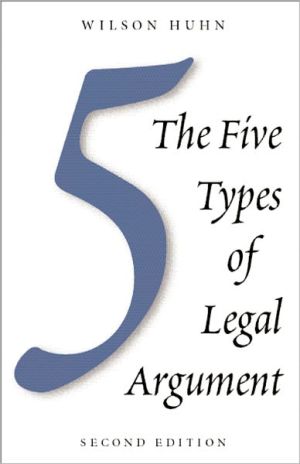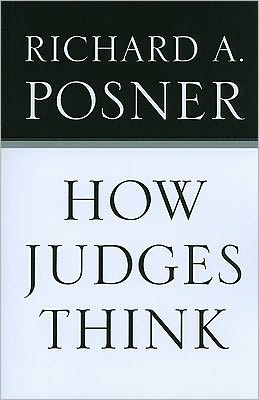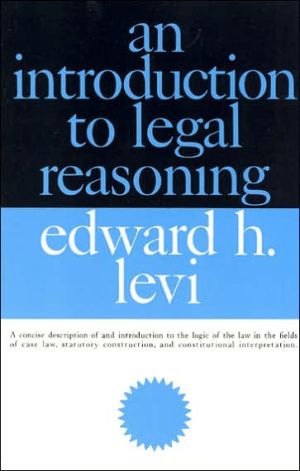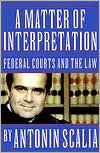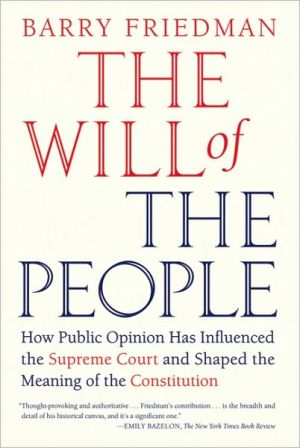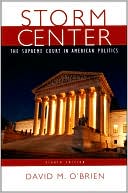The Five Types of Legal Argument, Second Edition
The Five Types of Legal Argument succeeds both as a work of legal theory and as a practical guide to legal reasoning for law students, lawyers and judges. Huhn shows readers how to identify, create, attack, and evaluate the five types of legal arguments (text, intent, precedent, tradition and policy) and how to weave the different types of arguments to get theoretical and practical themes of the work. Huhn introduces two additional ways of attacking legal arguments, and in a new chapter he...
Search in google:
The Five Types of Legal Argument succeeds both as a work of legal theory and as a practical guide to legal reasoning for law students, lawyers and judges. Huhn shows readers how to identify, create, attack, and evaluate the five types of legal arguments (text, intent, precedent, tradition and policy) and how to weave the different types of arguments to get theoretical and practical themes of the work. Huhn introduces two additional ways of attacking legal arguments, and in a new chapter he utilizes principles of deductive logic to demonstrate the validity of the theory of the five types of legal arguments. The principal strength of this book is its clarity. Organized simply and logically, the book is written in plain language that is easily understood both by lay persons and professionals. The Five Types of Legal Argument is required reading at a number of leading American law schools, and it is recommended for anyone who wishes to understand how to construct and how to critique legal arguments to make them more persuasive. The second edition further develops both the theoretical and practical themes of the work.Huhn introduces two additional ways of attacking legal arguments, and in a new chapter he utilizes principles of deductive logic to demonstrate the validity of the theory of the five types of legal arguments. The principal strength of this book is its clarity. Organized simply and logically, the book is written in plain language that is easily understood both by lay persons and professionals. The Five Types of Legal Argument is required reading at a number of leading American law schools, and it is recommended for anyone who wishes to understand how to construct and how tocritique legal arguments.
